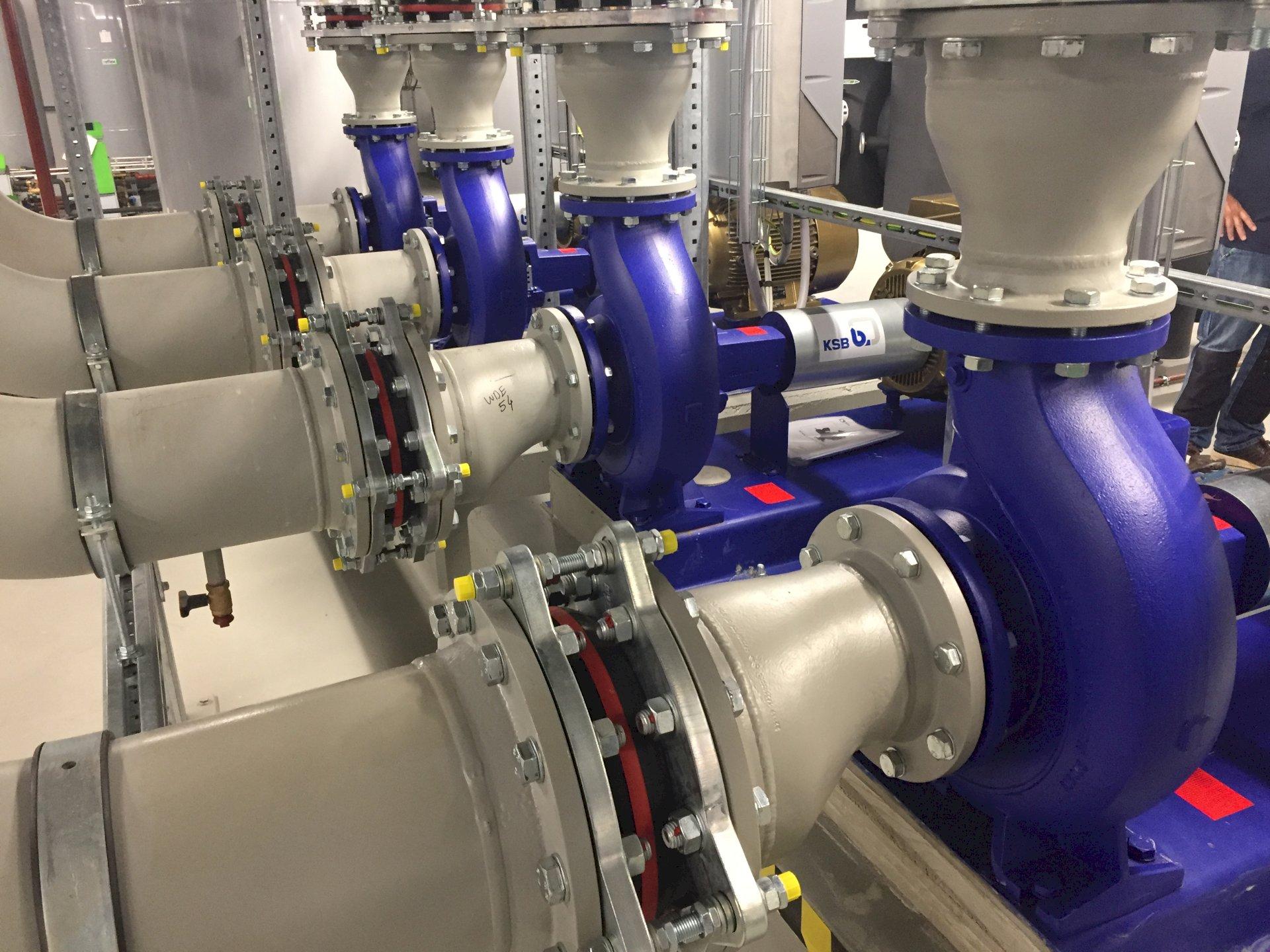 Door: Farnell Netherlands B.V.
Door: Farnell Netherlands B.V. Community members are invited to explore and learn about gesture sensing through an evaluation kit from Maxim Integrated

element14, an Avnet Community, recently launched the Experimenting with Gesture Sensors Design Challenge. Eight successful applicants who propose a project with the best use of gesture sensing technology will receive an evaluation kit by Maxim Integrated free of charge to experiment, test, or build a project.
With gesture recognition control technology, sensors are used to read and interpret hand movements as commands. One of the most common examples of touch-free gesture control can be found in cars where drivers and passengers can interact with the vehicle, including controlling their infotainment systems, without touching any buttons or screens.
�Gesture control has left the realm of science fiction and can now be found integrated into smart appliances, touch-free smart home hubs and thermostats, gaming controllers, virtual reality systems, and more,��said Dianne Kibbey, Global Head of Community and Social Media for the element14 Community. �We�re excited to continue our Summer of Sensors series with this design challenge that offers our community the chance to experiment with this cutting edge sensor technology.�
Participants have eight weeks to test and experiment with the gesture sensing kit, which is a complete system for demonstrating the MAX25405 optical IR sensor in a typical gesture and proximity-sensing application. The MAX25405 enables recognition of hand swipes, finger/hand rotations, air clicks, proximity detection and linger-to-click.
The application circuit operates by illuminating the user�s hand with a precision-controlled IR light source and measuring the reflected signal with the MAX25405�s 6x10 (60 pixel) IR sensor array. The four-LED IR light source is PWM controlled with external FETs from the MAX25405�s onboard FET driver. The return signal is analyzed with an embedded microcontroller that interprets the gestures. The EV kit consists of the following:
- MAX32620FTHR microcontroller platform
- Interface shield board
- MAX25405 sensor board
- Ribbon cable (connects sensor board to shield board)
- 3.3V power supply
- USB 2.0 Type A to Micro B cable
To be eligible to win, participants must post at least two blog posts about their process. At the end of the competition, judges will determine the best work and award prizes. The first-place winner will receive an HTC Vive Cosmos Elite VR Headset valued at $700 and an iPad Pro valued at $1400. The runner up will receive a Tap Strap 2 Wearable Keyboard, Mouse and Air Gesture Controller, valued at $250 and an Air Neo (POCKET-SIZED, ULTRA-LIGHT AERIAL CAMERA) valued at $160. Anyone who completes the two blog posts around their experience with the MAX25405 evaluation kit will receive a Handheld Capacitance Meter.
Applications for the Experimenting with Gesture Sensors Design Challenge are open now through�August 30, 2022. Participants will be announced on�September 6, 2022�and blogs will be due on�October 30, 2022. Winners will be announced in October.
To enter the challenge and to learn more, community members can visit:�https://community.element14.com/challenges-projects/design-challenges/experimenting-with-gesture-sensors/





